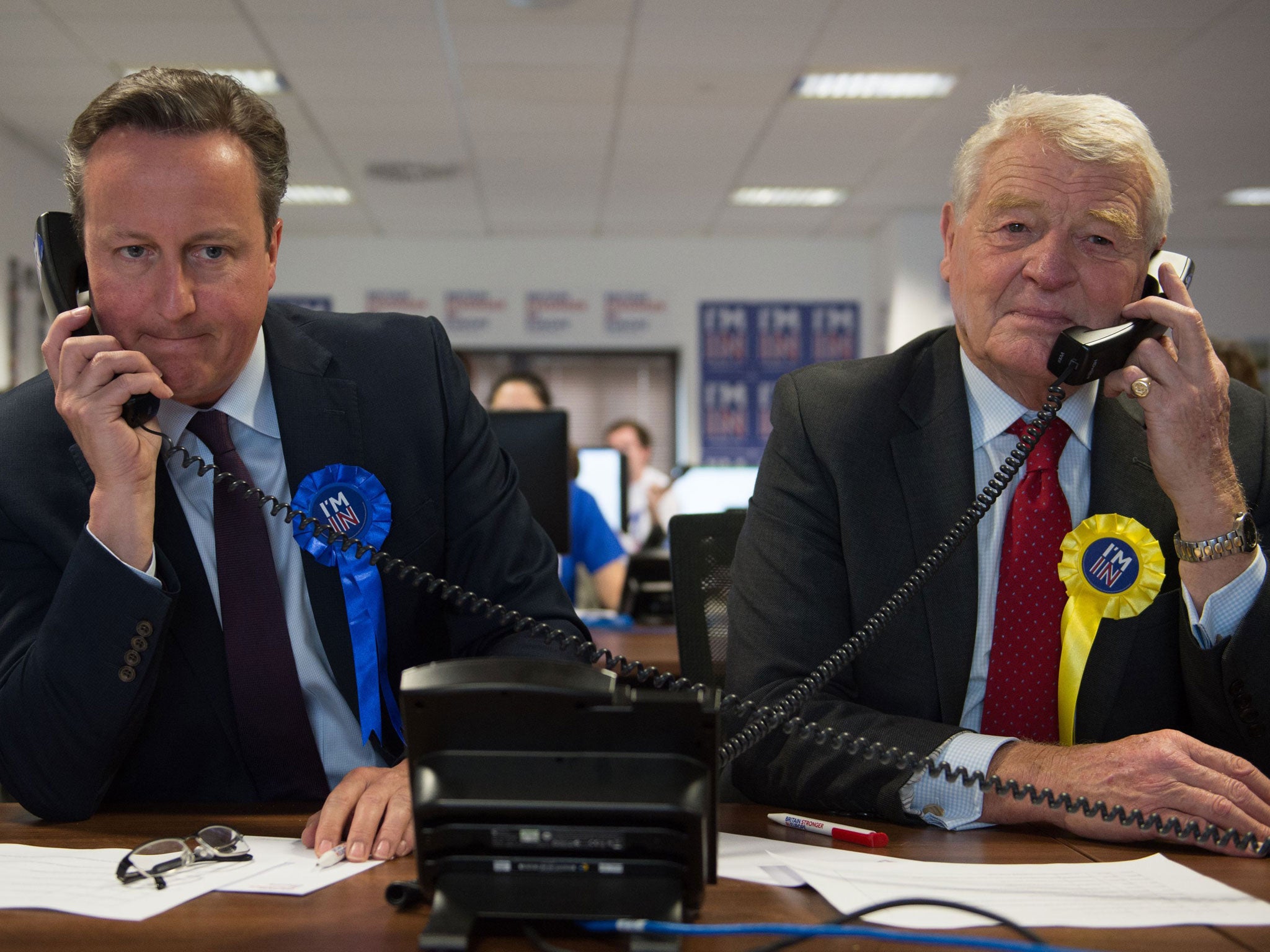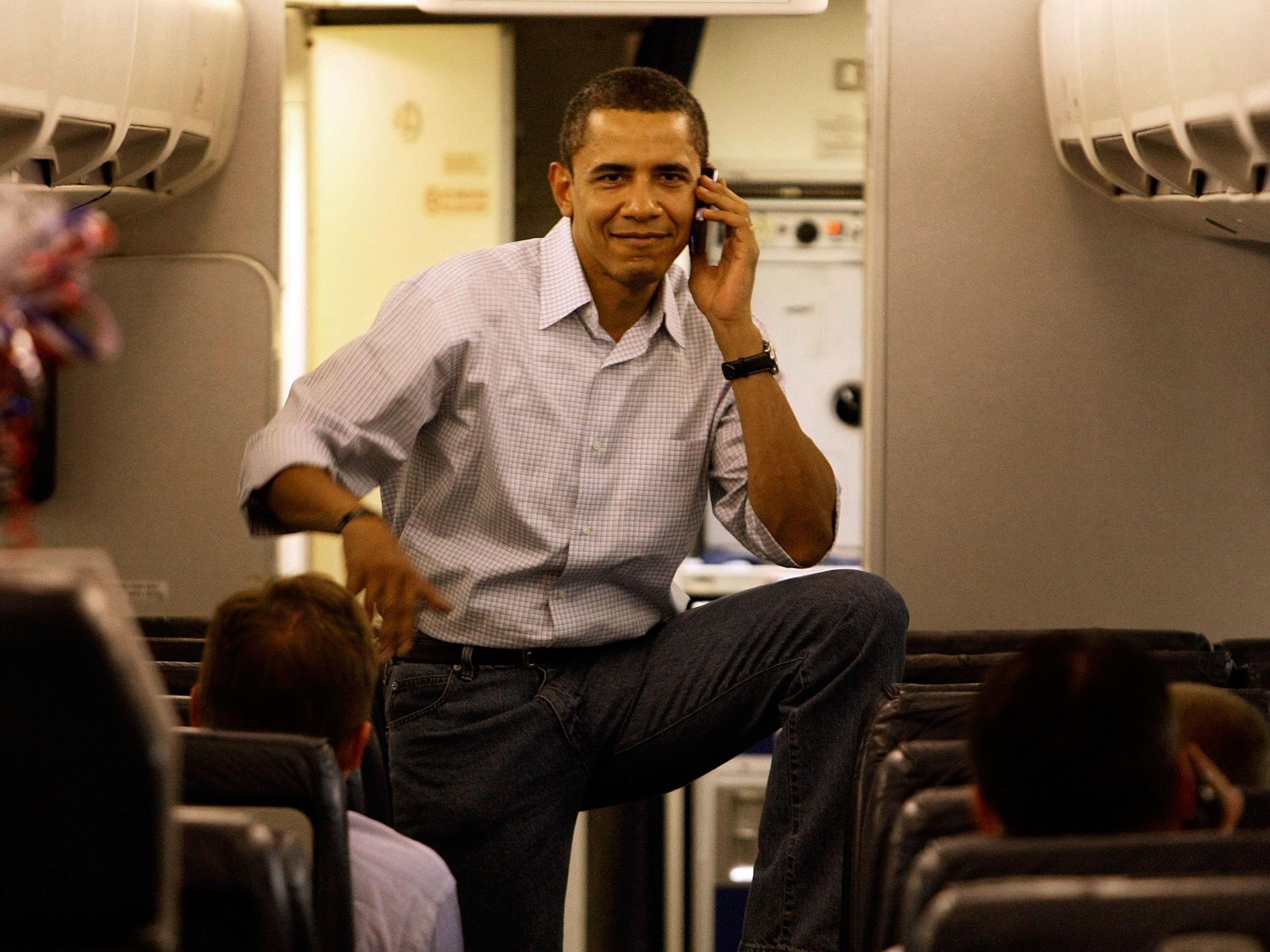EU referendum: 'Leave' campaign winning key arguments as official campaign starts
Polls show 'out' campaign making headway on arguments about terrorism, the NHS, immigration, and British influence abroad

Your support helps us to tell the story
From reproductive rights to climate change to Big Tech, The Independent is on the ground when the story is developing. Whether it's investigating the financials of Elon Musk's pro-Trump PAC or producing our latest documentary, 'The A Word', which shines a light on the American women fighting for reproductive rights, we know how important it is to parse out the facts from the messaging.
At such a critical moment in US history, we need reporters on the ground. Your donation allows us to keep sending journalists to speak to both sides of the story.
The Independent is trusted by Americans across the entire political spectrum. And unlike many other quality news outlets, we choose not to lock Americans out of our reporting and analysis with paywalls. We believe quality journalism should be available to everyone, paid for by those who can afford it.
Your support makes all the difference.Voters are increasingly being won over by the arguments for leaving the European Union, a new series of polls has found.
As the official campaign gets underway, it appears the public is increasingly receptive to the ideas that Brexit would reduce the risk of terrorism, support the NHS, and cut immigration.
The survey by YouGov comes amid a narrowing in voting intention polls – with the result of the 23 June referendum wide open.
It shows the Remain campaign – branded “Project Fear” by its opponents – is increasingly reliant on dry and abstract economic arguments for staying in the bloc.
There was a nine-point jump in Britons who believed leaving the EU would put the UK at less risk from terrorism, at 25 per cent compared to 10 per cent who believed Brexit would increase risk.
Meanwhile, 32 per cent of people believed leaving the EU would be good for the NHS, compared to just 14 who think it would be bad. Less surprisingly, 55 per cent of people think it will reduce immigration, up five points, with just three per cent saying it would increase levels.
While most voters still think Brexit would give the UK less influence in world affairs, there has been a four-point shift to people who believe it would yield more.
The shift comes after public debate about the value of counter-terrorism cooperation within the EU, and whether money contributed to the EU budget could be more effectively spent at a domestic level.
The Remain campaign however appears to be winning the economic case for remaining in the bloc, with a massive 13 per cent jump in people who think the cost of living would rise after Brexit, to a total of 36 per cent. Just 6 per cent believe the cost of living would go down.
Voters are also more inclined to believe that leaving the EU would have a negative effect on jobs and employment.
While the vast majority of opinion suggests there would be no difference either way on most issues, the results show that the arguments of the Leave camp are cutting through clearly.
Conservative eurosceptics sought to hammer home their progress today, with Boris Johnson and Michael Gove set to call for the billions spent on the UK’s EU budget contribution to be spent on the NHS.
The findings come as US president Barack Obama is set to make a candid intervention in favour of British EU membership during a visit to the UK next week.
“We believe that the UK has benefitted from the single market that is good for the British economy and that, in turn, is good for the United States economy,” a White House spokesperson said, whilst making it clear that “this is a matter the British people should decide when they head to the polls in June”.

Mr Obama’s intervention is likely to be met with chagrin from some eurosceptics, however. Tory backbencher Jacob Rees-Mogg warned this week that senior parts of the Obama administration were “not friends of the United Kingdom”.
“Obama appointed them – so does that make him a great friend of Britain to whom we should listen?” he told The House magazine.
Join our commenting forum
Join thought-provoking conversations, follow other Independent readers and see their replies
Comments